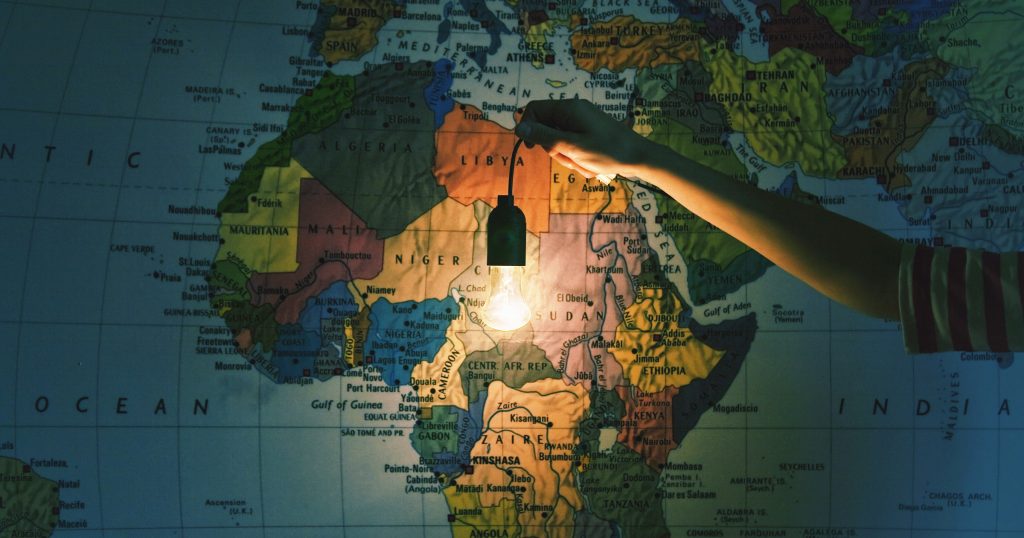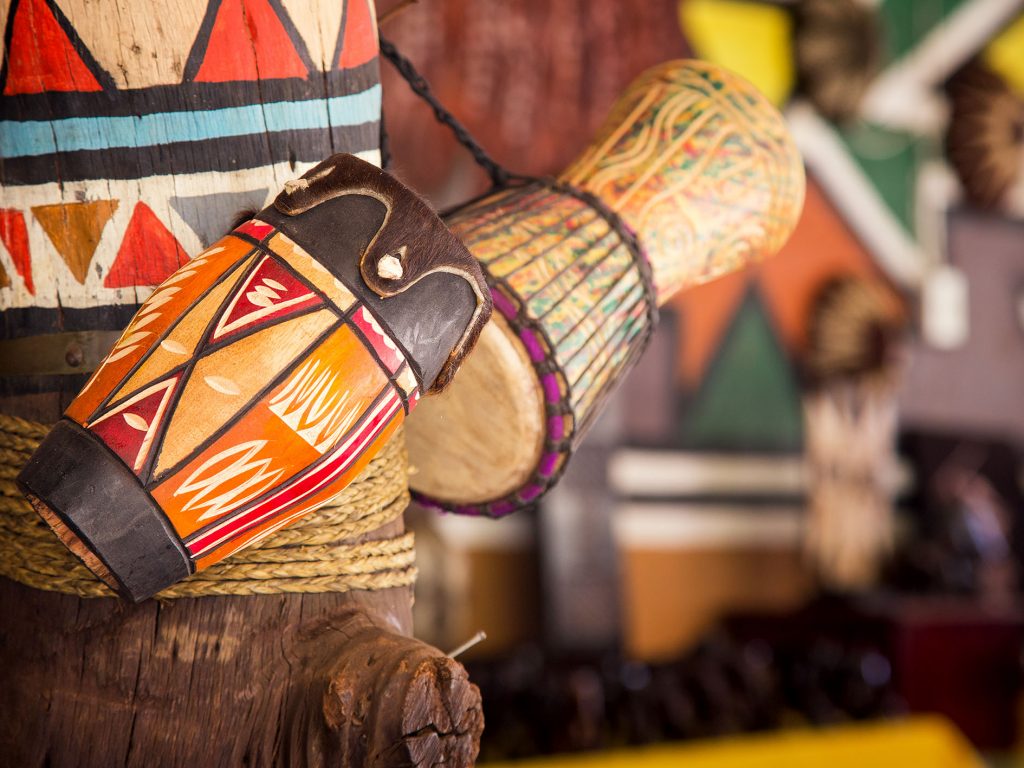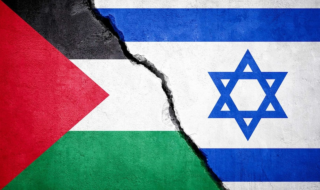
The history narrated to us of Africa’s development dwells largely on misappropriation African resources by the industrialized world, but fails to warn us of the current covert intellectual theft and business plagiarism by the industrialized world. “Intellectual theft” here refers to the stealing of ideas which originated from the minds of African intellectuals and visionaries, and “Business Plagiarism” may be spoken of when these stolen ideas are exploited for economic gain. It is important, for African youth, right down to the grassroots, to get alerted and informed that million dollar businesses all started with ideas. Ideas are worth protecting!
To name a few practicalities, the “dashiki”, a garment originating from West Africa, has somehow made its way to New York, Paris, and other fashion week events, to be sold for thousands of dollars by popular designers. Author Denise Murrell wrote in her article “African Influences in Modern Art” about the works of celebrated artists, including Picasso, Matisse and Kirchner, which are said to have been inspired by Africa’s contemporary artwork. It is the opinion of an award winning composer and author Gunther Schuller that “every musical element and the basic forms of jazz is essentially African in background and derivation, as revealed in his article “Early Jazz: Its Roots and Musical Development”; yet how many famous African jazz artists are known worldwide?
Why our ideas are so easily carried into the industrialized world?
There is an interplay of factors resulting in the inability of African ideas to thrive independently on the global market. The first is the deep-rooted idealization of Africa as a resource continent as opposed to a product continent. Industrialized countries have, for centuries, acquired resources from Africa for the manufacture of more complex goods. This started from the arrival of Portuguese ships on West African shores, and the triangular trading system whereby Europeans transported enslaved Africans, imported plantation produce and exported European goods to Africa and the Americas. One can opine that Africa developed Europe, and Europe underdeveloped Africa. By handing us the goods they manufactured, probably they stole our will to create, and placed in us a mentality that whatever we create, we create for the industrialized world and not for ourselves. Ultimately making us disregard our own ideas; not according our ideas the respect and recognition deserved.
Other reasons for the easy access of developed countries to African concepts is the lack of means of getting the concepts into the international scene. A story reported by Ijeoma Ndukwe on behalf of BBC News made mention of Mr. Oscar Ekponimo from Nigeria, who went public in September 2018 with an application called ‘Chowberry’ which connects people, for very low prices, to supermarket food which would have ended up as garbage.
African youth have excellent ideas, yet the only time we hear of them is when CNN or BBC covers a segment or story on talent in third world countries.
What then is the way forward?
African creatives may not know of their rights to intellectual property, or may not know that the idea has been incorporated elsewhere. The average low-income earner, for example, living in a village in Ghana, will never know that a foreigner has seen the bag he or she has woven by hand and is now producing the same design in bulk in Europe to sell at a huge profit. Intellectual Property rights as outlined by the World Intellectual Property Organization allow creators or owners of patents to benefit from their own work or investment in a creation. According to the World Intellectual Property Organization “The promotion and protection of such intellectual property for Africa would mean a spike in economic growth and a huge leap towards attaining quality of life.”
The laws are in place; the rights are inherent. All that is left is for the African society to lay claim to those rights and walk in the knowledge that their ideas matter and their contribution to the international trading sphere is plausible. African youth as entrepreneurs must stand together, holding hands to form a closed circle that shields their ideas from hungry corporations.
There must be a fight to have Africa’s inventions attributed to it, and the laying of heavy patents on these inventions. Refusing to pay closer attention to our African innovators is indeed depriving the continent of life-changing inventions. The obligation of the world as a whole is to recognize talent at exactly the place it originates from, and help develop that talent first for the benefit of that place of origin.
CONTRIBUTOR: Elinam De Souza




















